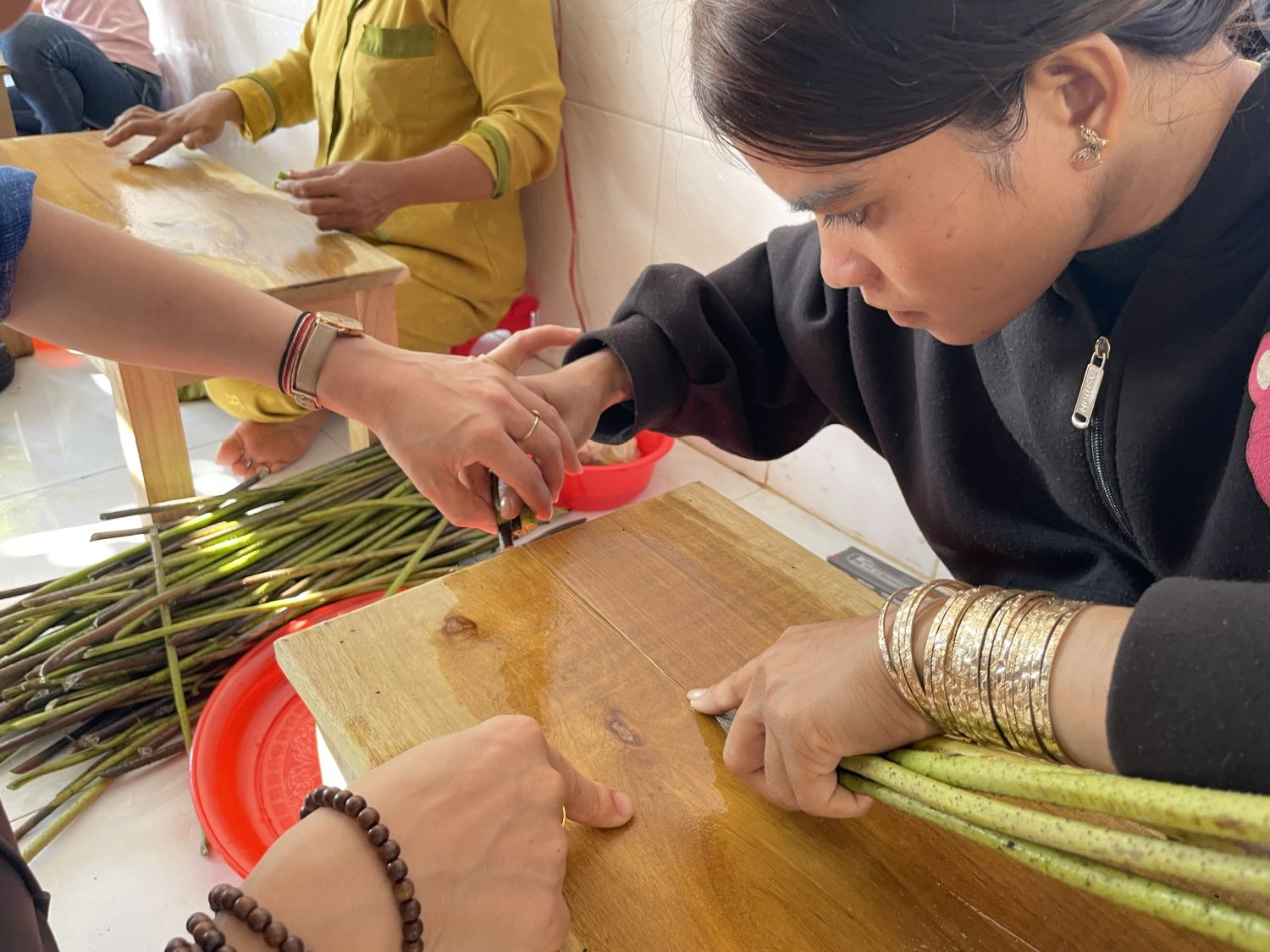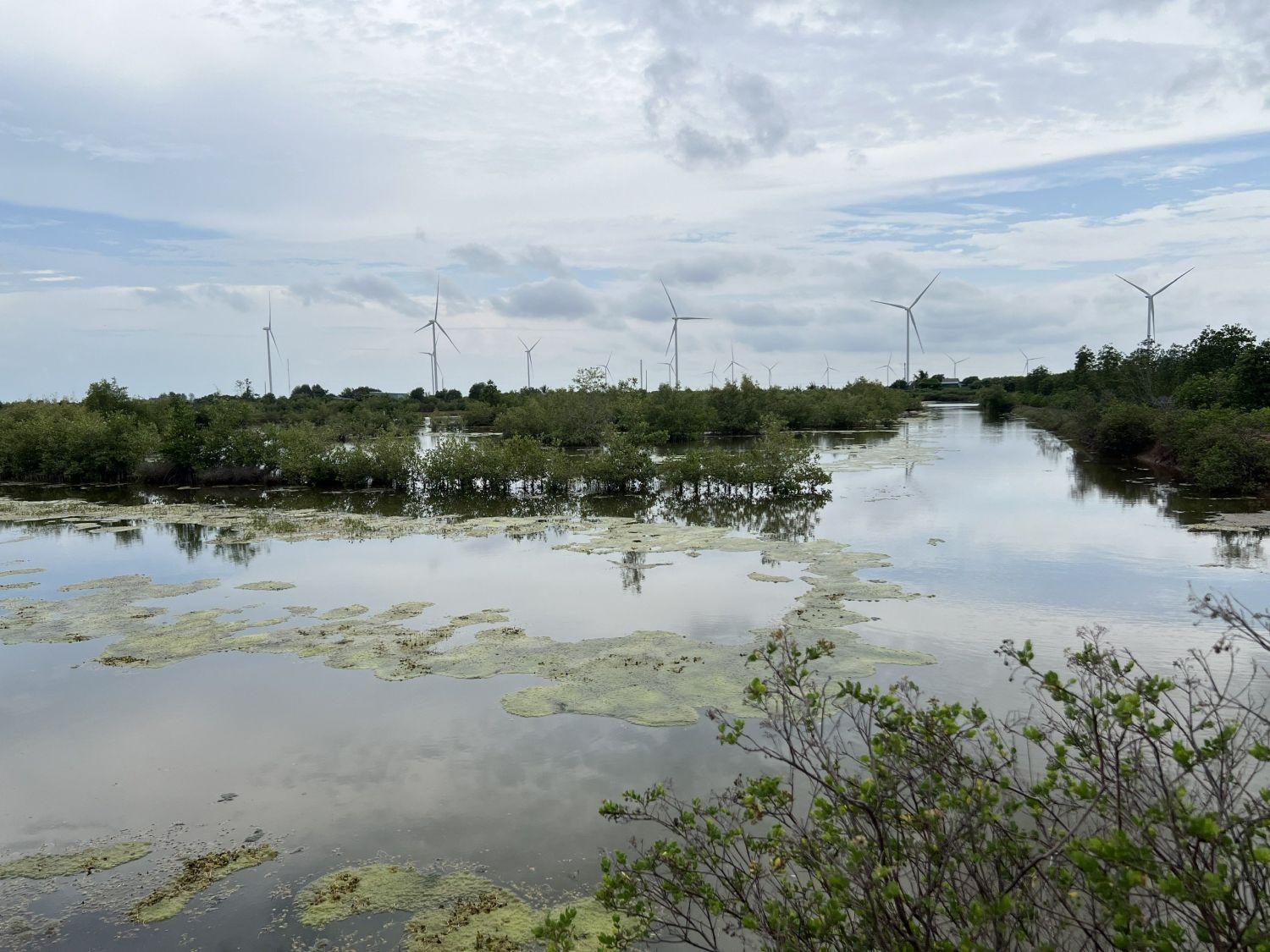As global citizens, we understand the ecosystemic value of our coral reefs. This fraction of our ocean floor supports 25% of our ocean’s marine life, providing food security for most of the world and supporting the livelihoods for coastal populations. Coral reefs are fierce defenders of our coastlines, reducing wave energy by up to 97% during storm surges. Given their unique beauty, they contribute over USD 36 billion to our global economy through the tourism industry.
IUCN is the global authority on the status of the natural world and the measures needed to safeguard it. We know the agenda of the IUCN World Conservation Congress is to drive global action on nature-based recovery, climate change, and biodiversity. The Union provides critical expertise and influence for policymakers who can accelerate our transition to a sustainable world. But the biodiversity debate often uses the language of developed states and those with full stomachs.
“Biodiversity” is not a priority for governments who are facing great uncertainty and humanitarian challenges that require immediate attention; the biodiversity debate often uses the language of developed states and those with full stomachs.
Please understand that Haiti, and other countries like mine, are poor with a degraded environment and frequent political unrest. “Biodiversity” is not a priority for governments who are facing great uncertainty and humanitarian challenges that require immediate attention. The language that is used to talk about biodiversity is very broad and often becomes meaningless in the face of the daily struggle for survival here in Haiti. Food, clothing, and shelter all come from ecosystem services and it is within this context that we need to anchor our communications.
Food security is a priority. It translates to peoples’ daily survival, and through this lens communities and governments can see that coral reefs are important even when everything else is falling apart. The food security debate uses the language of developing states.
We can’t starve people; and instead must support communities to make the leap from destructive practices to sustainable livelihoods.
Overfishing strips our waters and allows algae to overrun our reefs. This is one driver of decline that we control. But the only way to stop the fisher who has a family to feed from engaging in illegal practices is to provide them with viable alternatives and then enforce policies which can restore order and balance to our marine habitats. As we move to resolve the drivers of coral reef decline, especially overfishing and destructive fishing practices, we need to consider how to manage the transition. We can’t starve people; and instead must support communities to make the leap from destructive practices to sustainable livelihoods.
I am asking all IUCN Members to be mindful of “altitude”. Don’t get caught in the clouds. Ensure the lofty language of Resolution 105 has an on-the-ground path to positive impact. As a co-sponsor, I stand by the importance of this Resolution, but I also know that dedicated work must follow its acceptance. We cannot look past the plight of developing states as they struggle with poverty, political unrest and environmental disasters. Haiti is at the centre of these three forces. And yet, if we let our coral reef ecosystem collapse, our food security, which has already been drained by years of illegal and destructive fishing practices, will disintegrate; meaning increased starvation for families across the nation.









Add new comment